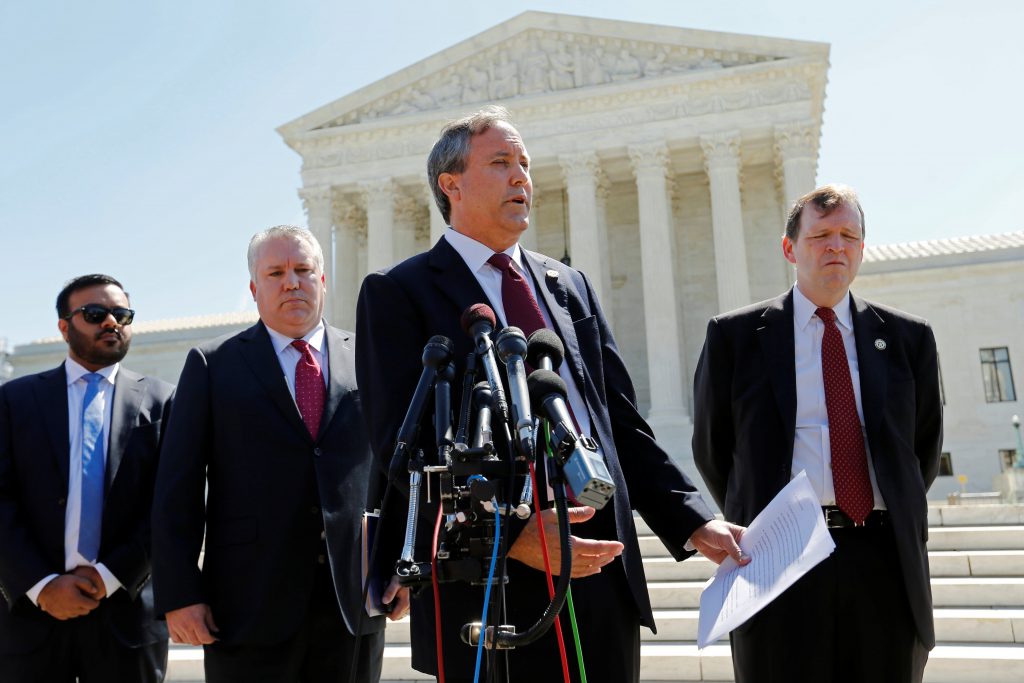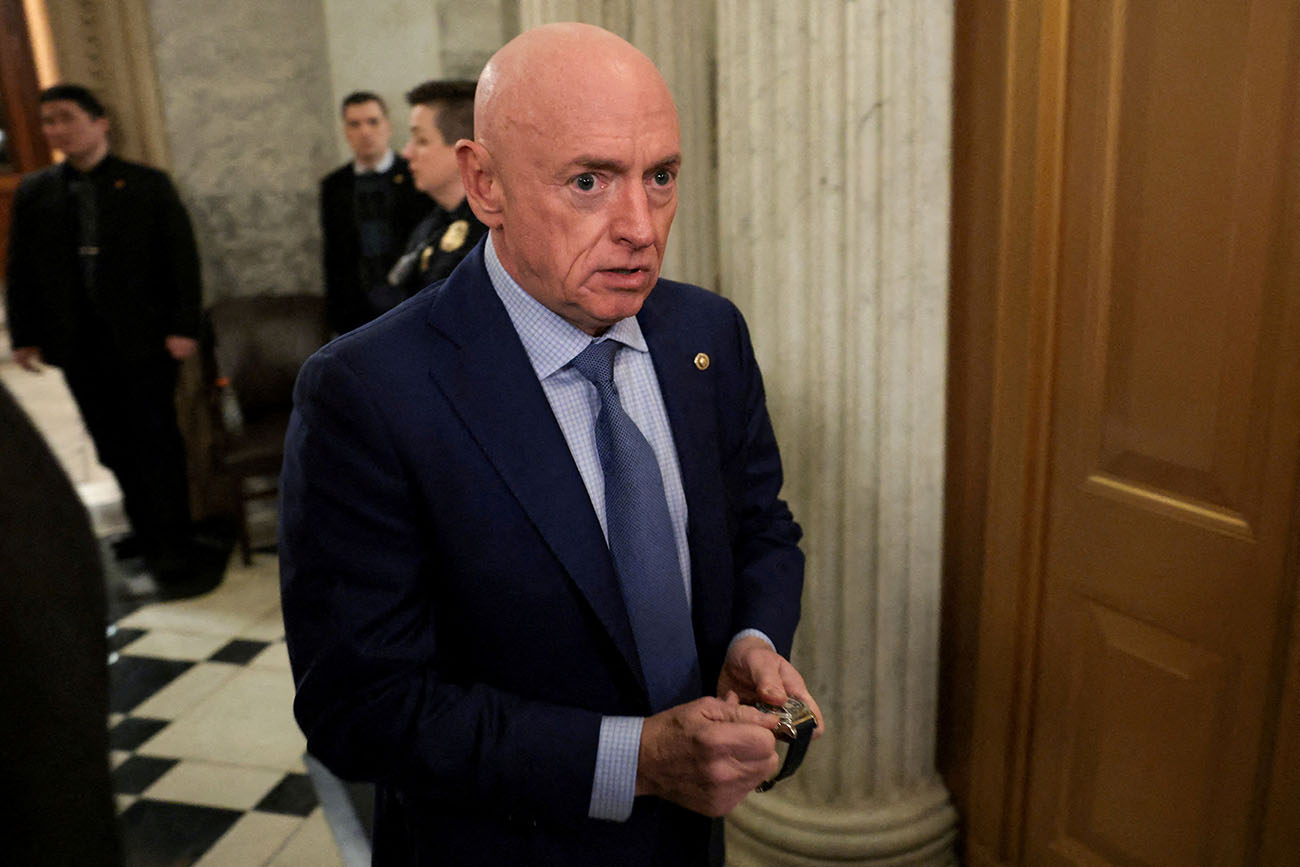A federal judge in Texas ruled that a law that prohibits state contractors from boycotting Israel violates the First Amendment.
Bahia Amawi, a U.S. citizen of Palestinian descent, worked as an independent contractor for a school district in Austin, Texas for nine years. Last year, when her contract came up for renewal, it contained a clause that said she wouldn’t boycott Israel.
Texas is one of 25 states that have passed laws requiring state agencies to not do business with companies that support the BDS movement—boycott, divestment, and sanctions against Israel. The movement, which is modeled on the South African anti-apartheid movement, rose in response to Israel’s occupation of Palestinian territories and the country’s treatment of Palestinians.
When Amawi, who works as a speech pathologist, refused to sign the contract, the school district terminated her services. Amawi filed suit in December 2018 against the Pflugerville Independent School District and Ken Paxton, the Texas Attorney General.
While the state of Texas argued that ““[b]oycotting is plainly not speech,” Judge Robert Pittman, the U.S. District Court for the Western District of Texas Austin Division, begged to differ. Citing a landmark Supreme Court decision, NAACP v. Claiborne Hardware Co., the judge wrote,“The Court went on to hold that the NAACP’s ‘boycott clearly involved constitutionally protected activity,’ and that the State’s ‘broad power to regulate economic activity’ ‘could not justify a complete prohibition against a nonviolent, politically motivated boycott designed to force governmental and economic change’.”
Pittman also addressed the plaintiffs’ challenge to the Texas anti-BDS law on the grounds that it constitutes viewpoint and content discrimination. He sided with the plaintiffs, writing, “It is a content- and viewpoint-based restriction on speech. It is a content-based restriction because it singles out speech about Israel, not any other country. And it is a viewpoint-based restriction because it targets only speech ‘intended to penalize, inflict harm on, or limit commercial relations specifically with Israel, or with a person or entity doing business in Israel or in an Israeli-controlled territory’.”
Finally, citing the 1994 Supreme Court case, Turner Broadcasting System, Inc. v. FCC, which dealt with must-carry requirements imposed on cable television, Pittman wrote: “The statute threatens ‘to suppress unpopular ideas’ and ‘manipulate the public debate through coercion rather than persuasion.’ This the First Amendment does not allow.”
This is the third time in the past year that a federal judge has struck down legislation forcing people and companies to sign pro-Israel agreements.
A federal judge in Kansas ruled that a state law requiring contractors to sign a no-boycott certification violated free speech, and a federal judge in Arizona ruled that the state couldn’t require companies to sign a pledge saying they weren’t boycotting Israel.
U.S. District Court for the Western Division of Texas Dec. 2018 complaint The Washington Post The Intercept
Tags



